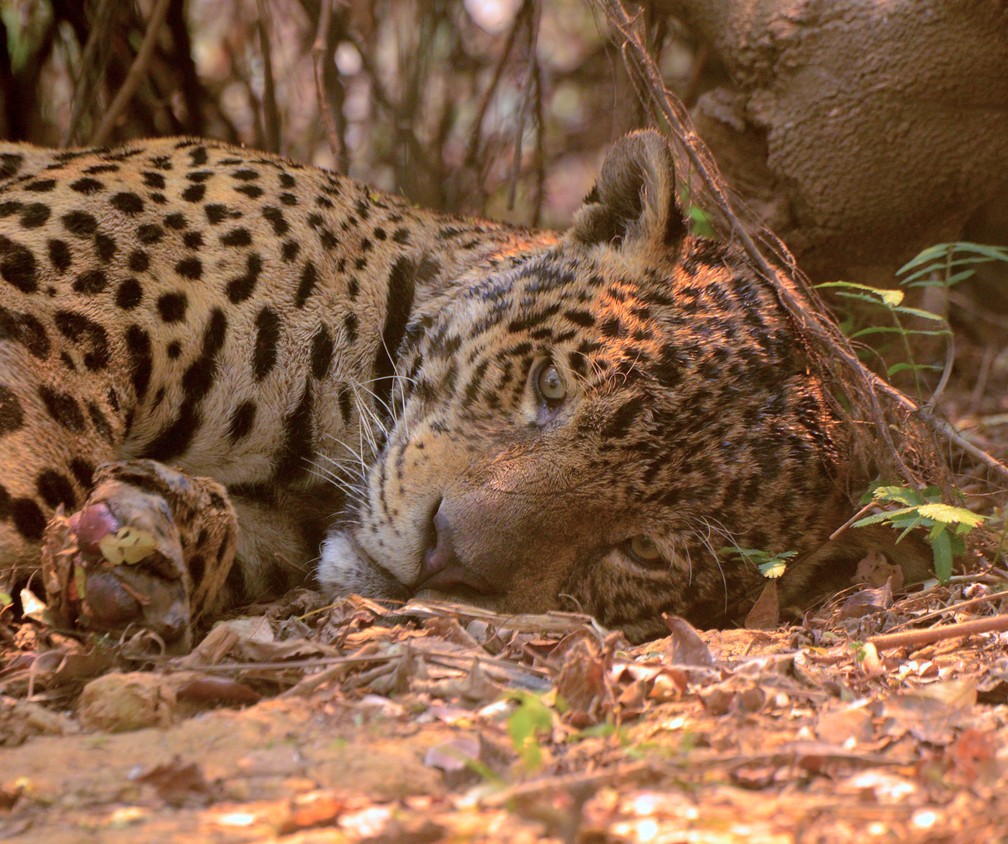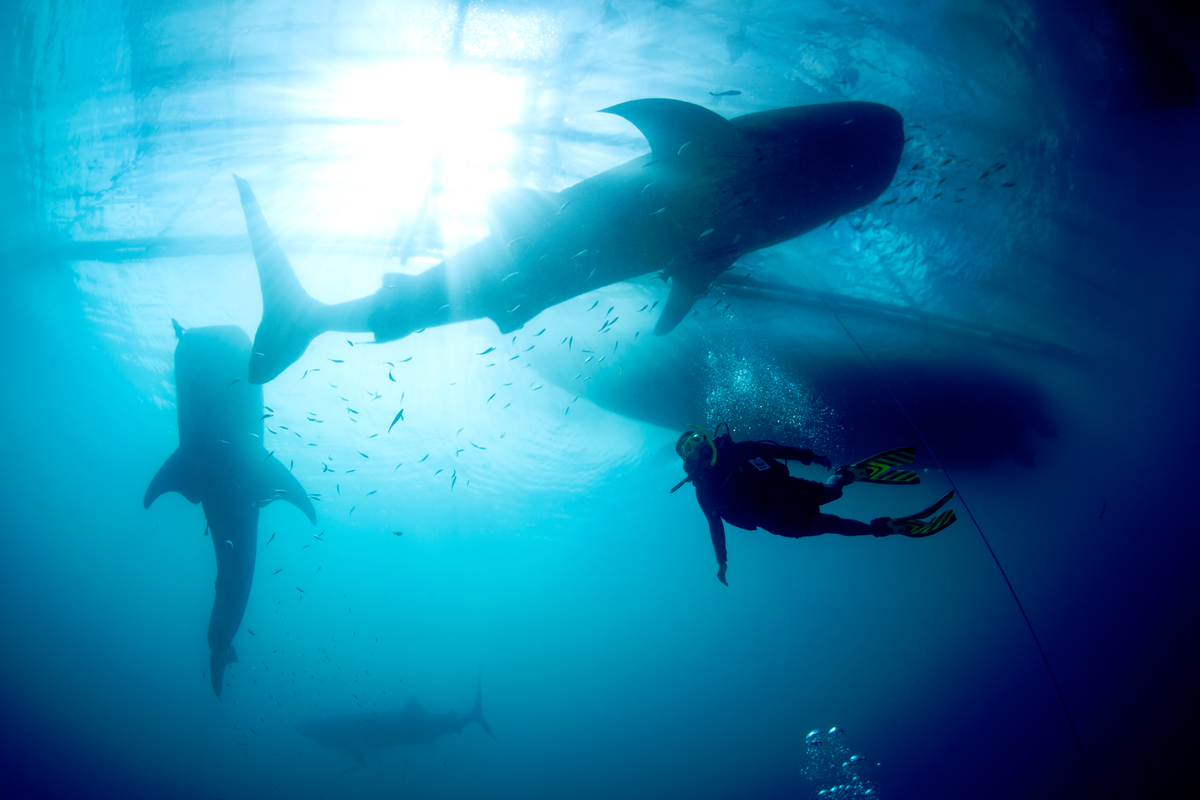One of UNESCO’s world heritage sites, Pantanal is one of the world’s most diverse biomes, and home to endangered species such as Jaguars and the Brazilian native, Blue Macaw. Sixty percent of the 250,000 km2 Pantanal – an area larger than the United Kingdom – is in Brazil, and the rest divided between Bolivia and Paraguay.
The biome is considered the best preserved in the country, with 83% of native vegetation cover, and has the highest density of mammal species in the world, with a concentration nine times greater than the neighboring Amazon, from where it receives part of the waters that flood it every year. And, since February 2020, it is being destroyed by man-made fires.
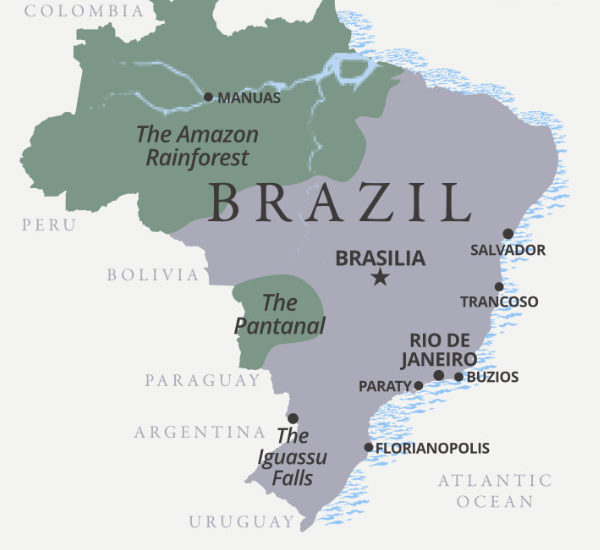
According to the National Center for the Prevention and Fighting of Forest Fires in Brazil, the fire has already affected more than 2.9 million hectares of the Pantanal, which represents 19% of the biome. Specialists argue that the Brazilian government has failed in its environmental policy and, consequently, is the one to blame for the lack of prevention and control over these fires.
Government’s stance
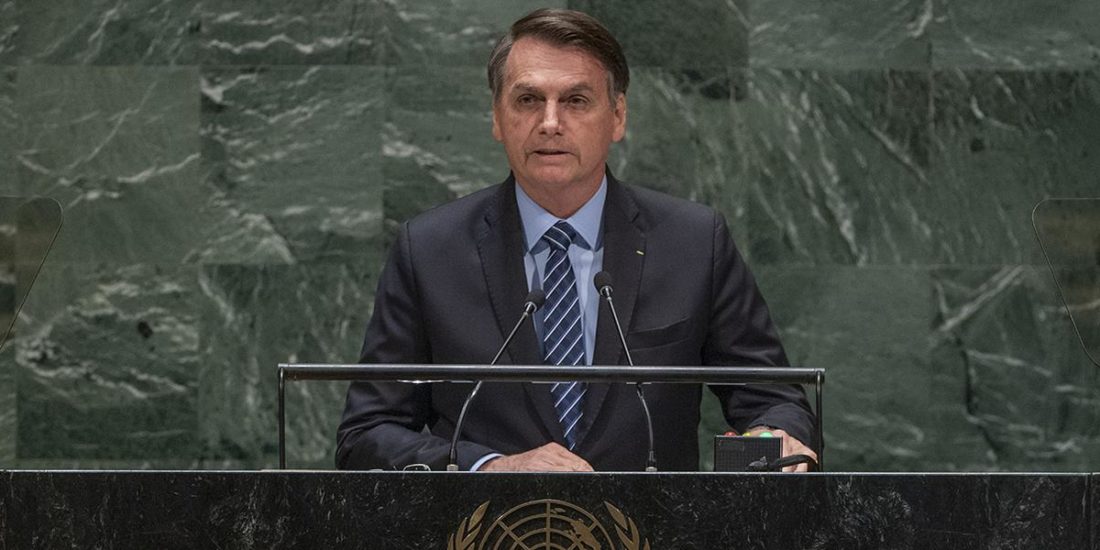
In his opening speech at the United Nation’s 75th General Assembly, Brazil’s president Jair Bolsonaro made many claims regarding the fires taking place in both Pantanal and the Amazon that were quickly dismantled by environmental institutional bodies in Brazil.
He first attempted to blame the fires on the Brazilian indigenous tribes, claiming that “[the fires started] where the indigenous burn their fields”. However, according to Brazil’s Cost of Living Index (ICV), there were nine points of origin for the fires, with only one being an Indigenous Land, (which had 75% of its area affected by fire). The other eight were farms on both sides of the Cuiabá River, a tributary of the Paraguay River that runs through Pantanal.
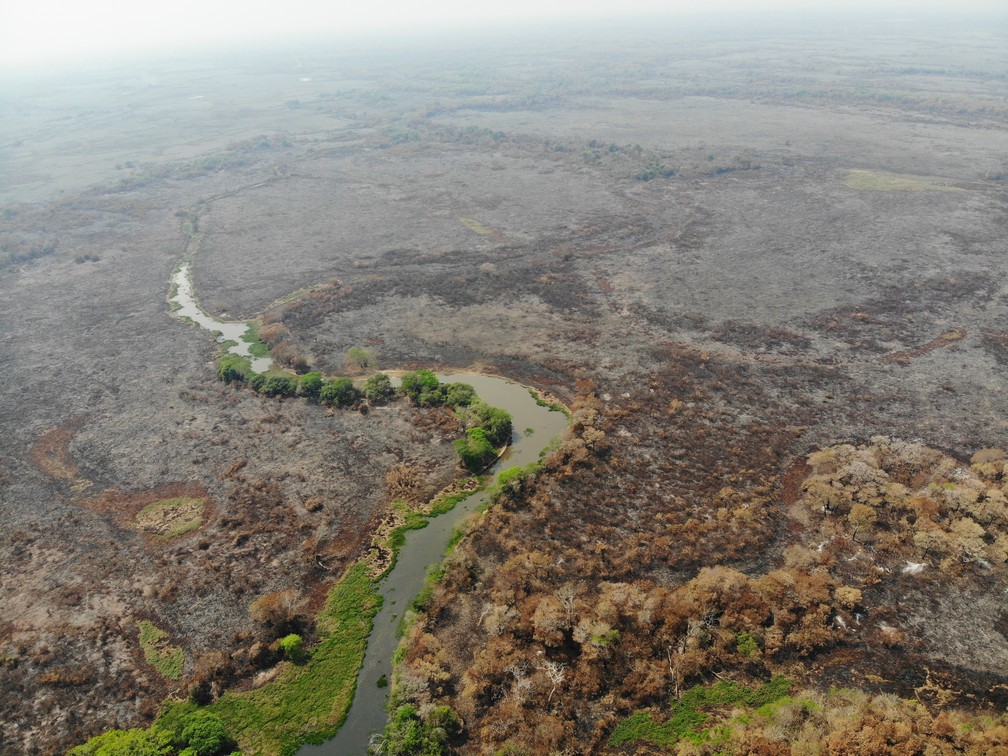
This illegal practice of purposefully starting fires in farms is known as “pasture cleaning”, and it is commonly used by farmers to have more empty space for cattle to live in. However, what happens in many instances is exactly the same as what happened in Pantanal – the fire gets out of control.
President Bolsonaro also tried to defend the government’s lack of initiative for dealing with the fires by stating that “we [Brazil] are an example to the world in environmental preservation”, and that “Brazil is the country that most preserves the environment”. Both of these declarations are false: According to the World Bank, Brazil is 30th in the ranking of countries that most protect their forests.
Additionally, according to the World’s Resources Institute, Brazil was responsible for more than a third of all the loss of tropical humid primary forests in the world in 2019. Brazil’s only first-place ranking was as ‘one of the countries with most environmental losses’, exposing the reality that the country’s practices an example of what not to do.

The fires’ impact
As evaluated by the World Wide Fund for Nature (WWF), if nothing is done to control the spread of fires, there will be devastating consequences in the long term due to “the release of millions of extra tons of carbon dioxide, loss of species and destruction of vital ecosystems”.
One of these unfortunate outcomes of the fires that can already be seen is the effect on the wildlife of the region. According to regional biologist Gustavo Figueiroa, some animals such as tortoises, alligators, anteaters, monkeys, and tapirs are being “constantly found charred, or with body parts burned, as they have more difficulty escaping from the fires”.
Other fauna also adversely affected by the fires are the endangered species of the area since most live in isolated controlled habitats, specifically Jaguars and Blue Macaws.
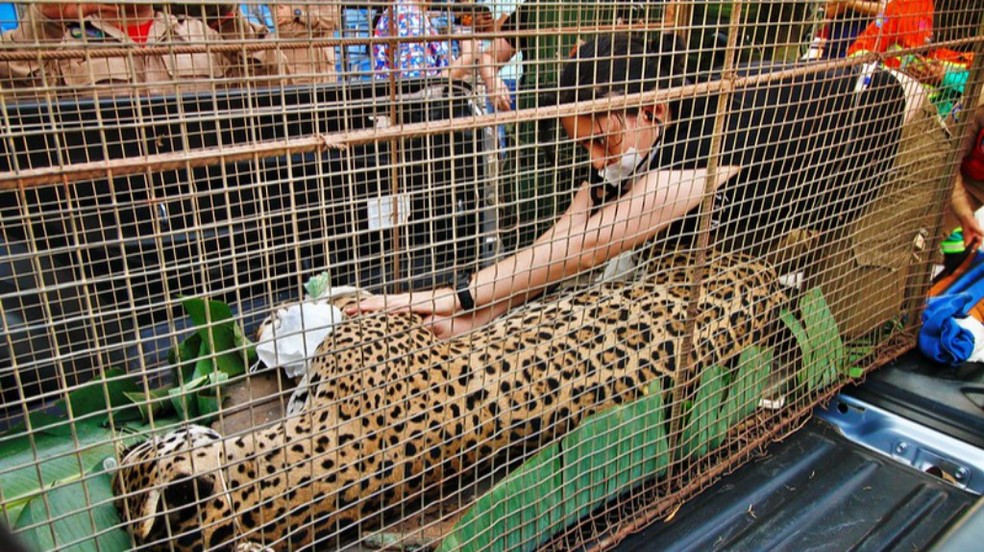
According to the Brazil Red Book of Threatened Species of Fauna, Jaguars are still classified as a vulnerable species, since most of their habitat has been destroyed, and there are only 15,000 jaguars living in the wild today. The Encontro das Águas State Park, which contained the largest concentration of jaguars in the world, had 64.8% of its area completely destroyed by the Pantanal fires.
The Blue Macaw, a native Pantanal species recently removed from the list of threatened species, was considered endangered due to the mischaracterization of their habitat, the traffic of these wild animals, and the consequences of climate change. Now, according to specialists, they are at risk of returning to the red list, since about 90% of the area reserved for the animal sanctuary was devastated by the fire.
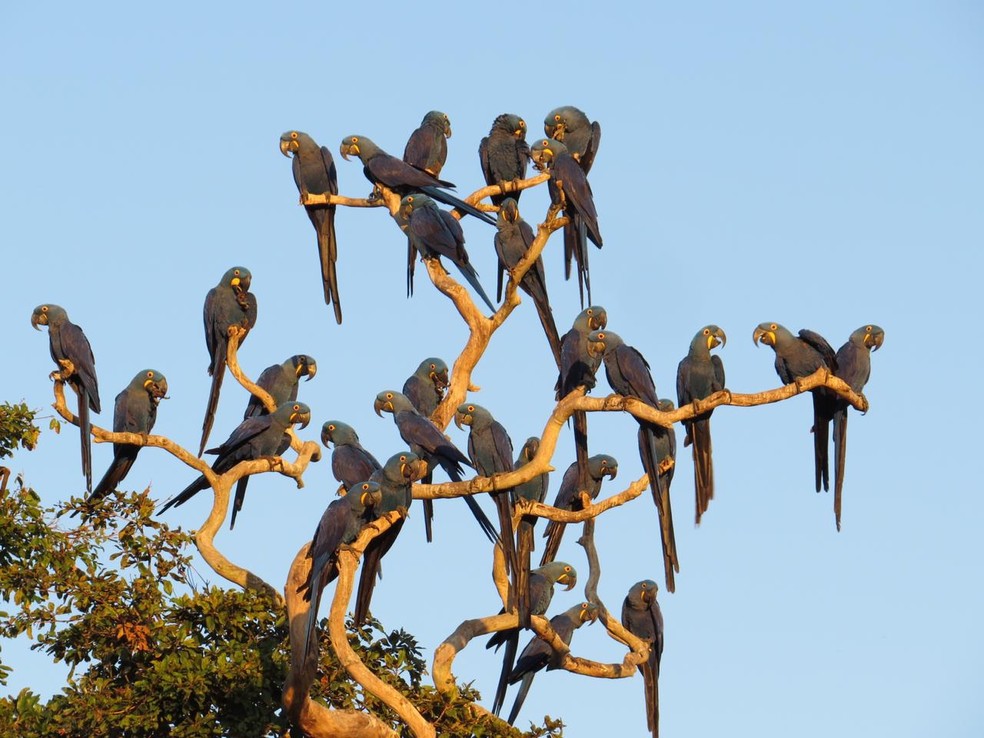
As the fires are still ongoing, with no end in sight, it is still not possible to estimate how much wildlife has been lost, and it is hard to establish a final diagnostic on the consequences that will have to be dealt with. Nonetheless, the destruction of both natural and artificial habitats that are home to both endangered and common species will definitely require the attention and action of the Brazilian government.
In conclusion, not only were these devastating fires started by human activities, they are made worse by the lack of action from the responsible government entities who continue to refuse to recognize this as an issue worthy of attention. Not only has the Bolsonaro’s administration failed to deal with the close to ninety thousand (89.178 fires to be exact) that affected the Amazon in 2018-2018, but it is now failing once again with the Pantanal.
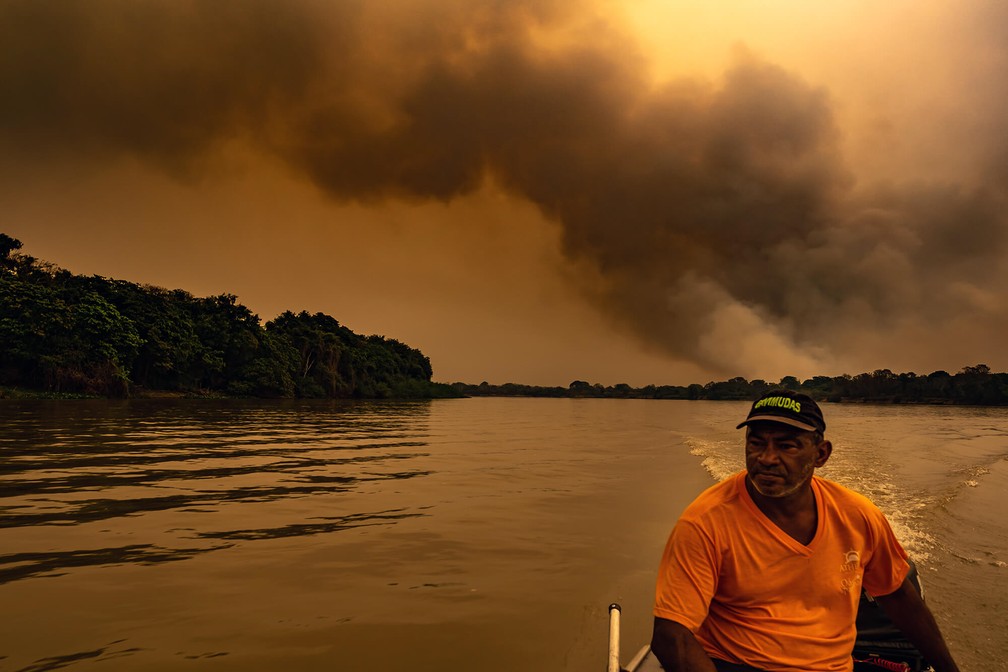
In the featured image: Photo of a jaguar at Encontro das Águas State Park, in the Pantanal. Credit: G1 Ailton Lara
Editor’s Note: The opinions expressed here by Impakter.com contributors are their own, not those of Impakter.com.


